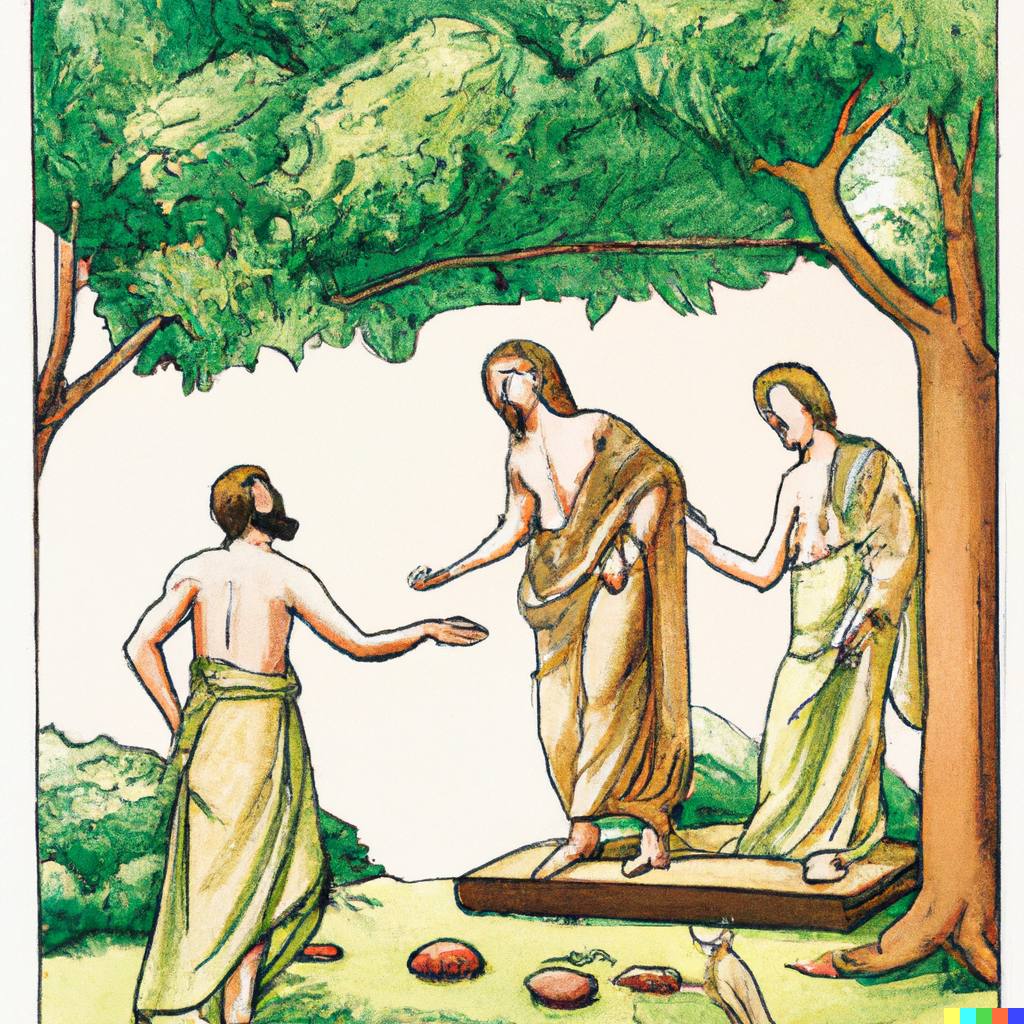(According to an AI)
Here are some commonly cited inconsistencies:
- The Genealogy of Jesus (Matthew 1:1-17 vs. Luke 3:23-38): Matthew and Luke both provide a genealogy of Jesus, but they differ significantly. Matthew traces Jesus’s lineage through Joseph’s father, Jacob, while Luke traces it through Joseph’s father, Heli. They also differ in the number of generations listed.
- The Last Supper (Synoptic Gospels vs. Gospel of John): The Synoptic Gospels (Matthew, Mark, and Luke) seem to suggest that the Last Supper was a Passover meal (Matthew 26:17-30, Mark 14:12-26, Luke 22:7-23). However, the Gospel of John appears to indicate that the Last Supper took place before the Feast of Passover (John 13:1, 18:28).
- The Death of Judas Iscariot (Matthew 27:3-8 vs. Acts 1:18-19): Matthew and Acts provide two different accounts of Judas’s death. In Matthew, Judas hangs himself out of remorse, while in Acts, he falls headlong, and his body bursts open.
- The Sermon on the Mount vs. the Sermon on the Plain: Matthew and Luke present similar teachings of Jesus but in different settings. Matthew describes it as the Sermon on the Mount (Matthew 5-7), whereas Luke places it in a flat place or the Sermon on the Plain (Luke 6:17-49). While this might not seem like a direct contradiction, it does raise questions about the accuracy of the event’s details.
- The Ascension of Jesus (Luke 24:50-53 vs. Acts 1:3-12): In Luke, it appears that the ascension happens on Easter Sunday, right after Jesus’ resurrection. However, in Acts (also written by Luke), Jesus ascends to heaven 40 days after the resurrection.
- Who Visited Jesus’s Tomb? The Gospels provide different accounts of who visited Jesus’s tomb. Matthew mentions Mary Magdalene and the other Mary (Matthew 28:1), Mark cites Mary Magdalene, Mary the mother of James, and Salome (Mark 16:1), Luke talks about Mary Magdalene, Joanna, Mary the mother of James, and other women (Luke 24:10), while John only mentions Mary Magdalene (John 20:1).
